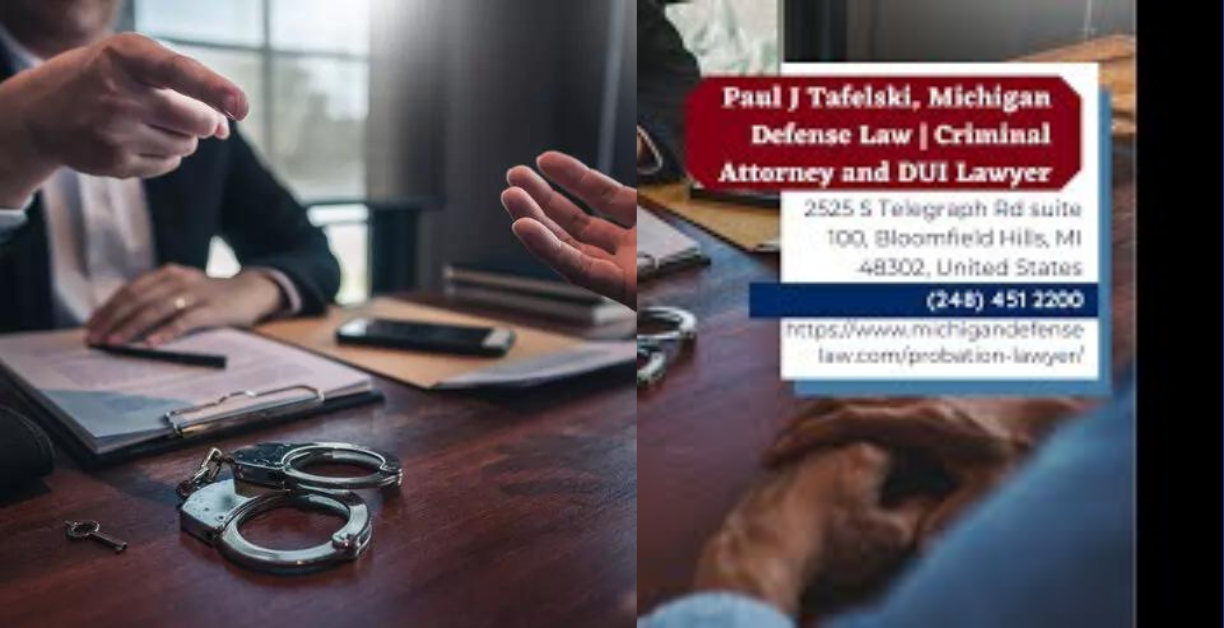The query that can you violate probation and not go to jail is true that you can break your probation without going to jail. Probation infractions that are considered “technical” in nature may not usually result in jail time. The probation may even be revoked by the judge. Alternatively, the probation officer may impose more stringent conditions or restore the initial probationary period.
can you violate probation and not go to jail
When is it least likely that a probation violation will result in jail time?
Infractions of probation are least likely to result in jail time if:
•You have not previously broken any terms of your probation;
•Aside from the infraction, you are on pace to fulfil the requirements of your supervised release;
•The underlying offence was a small one, such as a misdemeanor rather than a felony.
However, even if all of these factors are present, the judge still has the discretion to revoke probation and send you to jail.1
What are technical violations?
A relatively minor infraction of the guidelines for supervised release constitutes a technical violation of probation.
Conditions of probation
The terms and restrictions of supervised release are specified by the judge when they sentence you to probation as opposed to jail time. These will vary based on your criminal history and the underlying offence. The following are some typical probationary requirements:
staying away from known criminal associates, abstaining from drug and alcohol use, using an ignition interlock device for your car if the criminal charges were for driving under the influence (DUI), stopping from engaging in additional criminal activity, routinely checking in with the judge for progress reports or with a probation officer, only leaving the area with prior approval, taking and passing random drug tests, performing community service, and paying restitution to the victim.

Read more
how to view prompt history stable diffusion
Probation violations
Small technical infractions include arriving late for a scheduled court appearance or probation officer meeting by ten minutes. More severe infractions are substantive ones, such committing another crime.
If your offence was just technical, your criminal defense lawyer can provide mitigating evidence and argue that you should remain on supervised release instead of facing jail time.
Does it matter if the probation is for a felony or a misdemeanor?
Whether or not the judge revokes probation following a breach may depend on the seriousness of the underlying criminal offence.
Misdemeanor crimes result in misdemeanor probation, sometimes known as summary probation, whereas felonies result in felony probation. Compared to summary probation, felony probation typically has harsher penalties and a lengthier probationary period due to the severity of the offence. When determining how to punish you for breaking the conditions of your probation, many judges take this into account. They might consider you to be a greater risk to the public if you are on probation for a felony.
Is the probation violation hearing where the penalty is decided?
Indeed, the probation violation hearing is typically where the consequences for a suspected probation violation are determined.
Another name for this is a hearing to revoke probation. Hearings for probation violations are held when a court or probation officer believes you have broken a condition of your release. You can have a bench warrant issued for your arrest. Normally, you will be detained after being apprehended. The judge may decide to set you free on bond prior to the revocation hearing.

What takes place during the hearing?
It is the prosecutor’s responsibility to prove that you broke a condition of your supervised release during the revocation hearing. The prosecutor must demonstrate this by a preponderance of the evidence under California’s criminal code, yet they may also rely on hearsay evidence to support their claims. Once the judge has heard the prosecutor’s evidence that you violated the terms of your release, your criminal defense lawyer can present evidence that tells your side of the story. Common defenses to a claim of a probation violation include:
In actuality, you did not break the probationary conditions, and the infraction was minor enough to be considered a technical infraction rather than a reason to revoke probation.
The judge will render a decision after considering the evidence presented by both parties.
What results might the hearing produce?
In a hearing for a probation breach, judges may:
Restore probation with the same guidelines in place, alter probation to impose more stringent requirements, or cancel probation and mandate that the rest of your sentence be served in jail or prison.4
Revocation of probation is a frequent punishment if you are charged with anything new. The judge is more likely to simply reinstate or change the terms of probation if it is determined that you violated it, even if it was only a minor or technical infraction.
The prison term would come from the same suspended sentencing range if the judge decided to revoke probation. The judge has the authority to administer the worst punishment possible. Hope you got your answer of can you overstep probation guidelines and not go to jail.















